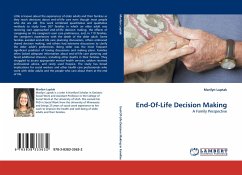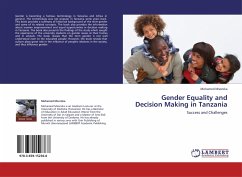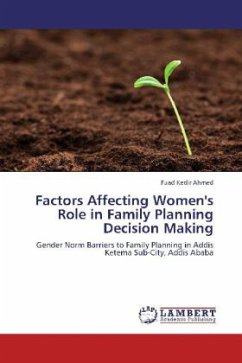Little is known about the experiences of older adults and their families as they reach decisions about end-of-life care even though most people who die are old. This work combined quantitative and qualitative methods to study how 307 families in which an older adult was receiving care approached end-of-life decision making, the effects of caregiving on the caregiver's own care preferences, and, in 110 families, the caregiver's experiences with the death of the older adult. Some families avoided end-of-life care planning discussions, others embraced shared decision making, and others had extensive discussions to clarify the older adult's preferences. Being older was the most frequent significant predictor of having discussions and making plans. Families often lacked adequate information about end-of-life care planning and faced additional stressors, including other deaths in their families. They struggled to access appropriate mental health services, seldom received professional advice, and rarely used hospice. The study has broad implications for social workers and other health care professionals who work with older adults and the people who care about them at the end of life.
Bitte wählen Sie Ihr Anliegen aus.
Rechnungen
Retourenschein anfordern
Bestellstatus
Storno








